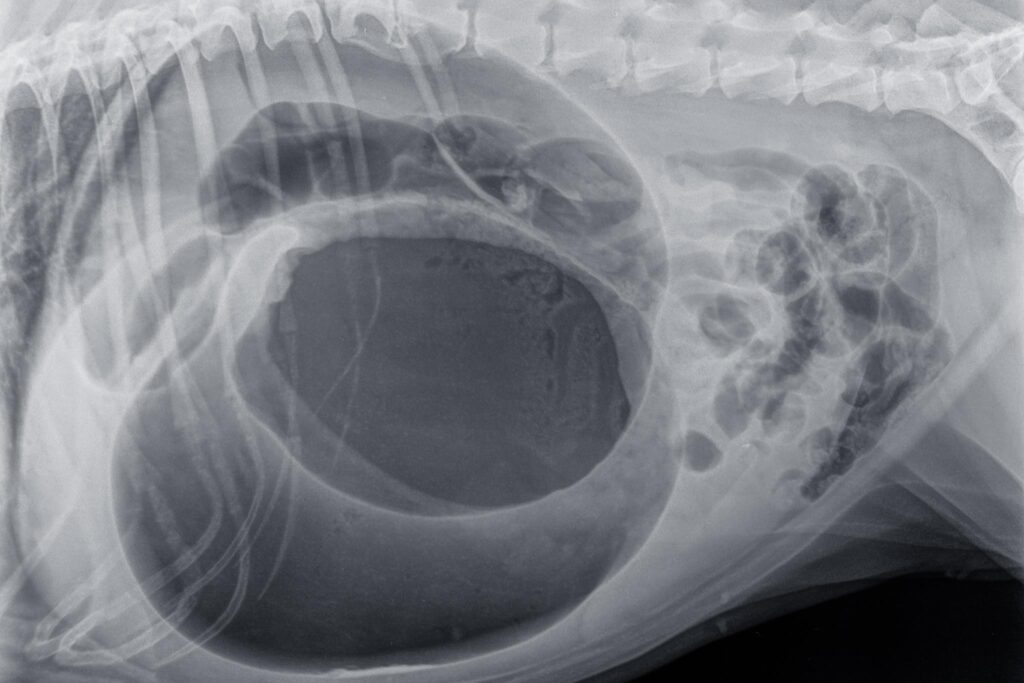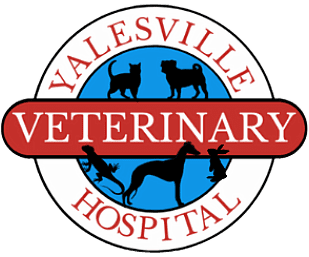Is Bloat in Dogs an Emergency?

When your dog shows signs of being unusually uncomfortable or sick, it can be quite worrisome. One condition that demands immediate attention is bloat in dogs. This blog aims to shed light on what bloat is, why it’s a serious concern, and how you can spot the signs early. At Yalesville Veterinary Hospital, we’re here to help. If you suspect your dog might be experiencing bloat or if you have any concerns about your pet’s health, please give us a call at (203) 265-1646. We’re ready to provide the care your dog needs or to schedule an appointment for you.
Understanding Bloat in Dogs
Bloat, or gastric dilatation-volvulus (GDV), is a life-threatening condition that can affect any dog but is more common in larger breeds. It happens when the stomach fills with gas and then twists, cutting off blood flow. This can cause severe discomfort and, if not treated quickly, may lead to serious health complications or even death.
The exact cause of bloat isn’t always clear, but factors like eating too quickly, stress, and exercising right after eating can contribute. It’s important for dog owners to know the signs of bloat, which include a swollen belly, restlessness, drooling, and trying to vomit without bringing anything up.
Spotting the Signs Early
Early detection is key when dealing with bloat in dogs. The sooner you notice something isn’t right, the quicker you can get your dog the help they need. Look for signs such as your dog acting more tired than usual, having a hard time getting comfortable, or showing signs of pain when you touch their belly. If your dog’s stomach looks swollen or if they’re drooling more than usual, these could also be signs of bloat.
If you notice any of these symptoms, it’s important to act fast and get in touch with us at Yalesville Veterinary Hospital. We understand how scary it can be when your pet is in distress, and we’re here to provide the care and support your dog needs.
The Importance of Immediate Veterinary Care
If you think your dog might have bloat, it’s essential to get veterinary care immediately. Bloat in dogs is not something you can treat at home. It requires prompt medical attention to relieve the gas buildup and possibly surgery to untwist the stomach and secure it in place to prevent future incidents.
At Yalesville Veterinary Hospital, we have the expertise and equipment to diagnose and treat bloat. Our team will assess your dog’s condition, provide the necessary treatments, and guide you through the recovery process. We understand how important your dog is to your family, and we’ll do everything we can to help.
Preventing Bloat in Dogs
While it’s not always possible to prevent bloat entirely, there are steps you can take to reduce your dog’s risk. Feeding your dog several smaller meals throughout the day instead of one large meal can help, as can ensuring they don’t eat too quickly. There are special bowls designed to slow down fast eaters which can be very helpful.
Avoiding heavy exercise right before and after meals is also wise. Keeping a close eye on your dog’s stress levels and finding ways to keep them calm can also make a difference. If you have concerns about your dog’s eating habits or how to prevent bloat, we’re more than happy to discuss strategies with you.
Partnering with Yalesville Veterinary Hospital
At Yalesville Veterinary Hospital, we’re committed to the health and happiness of your pets. Understanding conditions like bloat in dogs and knowing how to act quickly can make a significant difference in your dog’s well-being. If you have any questions about bloat or any other health concerns, or if you need to make an appointment, please don’t hesitate to call us at (203) 265-1646. Our team is here to provide the support and care your dog needs to stay healthy and happy.
Remember, bloat in dogs is a medical emergency that requires immediate attention. By staying informed and vigilant, you can help ensure your dog gets the care they need when they need it most. Let’s work together to keep your dog safe and healthy.
